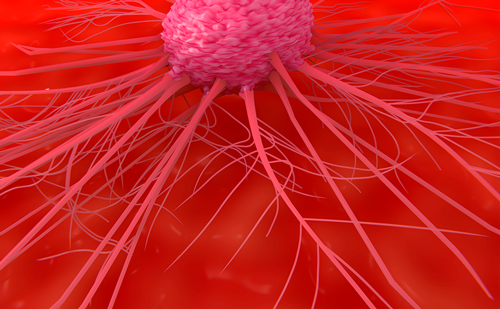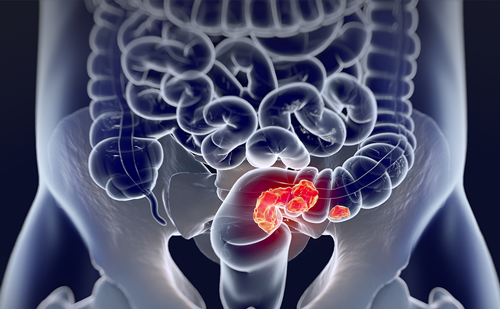Effective therapies include surgical resection, liver transplantation and techniques based on interventional radiology, such as thermal ablation or transarterial chemoembolisation. In addition to major advances in the application of these established interventions, major research has been performed to clarify the molecular mechanisms leading to malignant cell transformation and progression. This bench research means that the molecular events and signal transduction pathways leading to cancer progression are now recognised; this has allowed the identification of potential therapeutic targets. In this regard, a large, multicentre, international, randomised clinical trial has recently provided evidence of the survival benefits of a novel tyrosine-kinase inhibitor (Sorafenib) that blocks angiogenesis and cell proliferation; this agent will surely become the backbone of the treatment of patients with advanced liver cancer. Several other new agents acting on other mechanisms involved in cancer progression will be tested in the near future, thus opening a very active research period around liver cancer.
These comments are key to understanding the multidisciplinary nature of this neoplasm, in which several specialities and fields of expertise converge; this understanding will also allow us to gain the knowledge needed to battle against this major health problem. Several specialities – such as epidemiology, surgery, transplantation, hepatology, immunology, interventional radiology, medical oncology, molecular cell biology and experimental and pre-clinical medicine – deal with specific aspects affecting liver cancer; however, unfortunately there has historically been no single scientific association or event that offers transversal exchange of concepts, proposals and data to move the field forwards quickly. This lack of a transversal forum for debate prompted several major experts from different fields of expertise and representing all areas of the world to organise the International Liver Cancer Association (ILCA). The aim of the ILCA is to bring together all individuals working in the various aspects of liver cancer through an annual scientific conference devoted to the exchange of results in a structured approach, as is the case in any relevant area of knowledge. The ILCA has been successful in bringing together all the disciplines devoted to basic, translational and clinical research in liver cancer and has received major international support from both researchers and the biomedical industry. The first ILCA Conference will take place in Barcelona from 5 to 7 October. Its programme comprises two state-of-the-art lectures, two educational symposia and six oral sessions, with peer-selected abstract presentations and poster presentations (for more details, see the ICLA website: www.ikaonline.org). At the same time, ILCA membership will convene to define the strategic actions to be implemented in order to trigger international collaborations to run joint projects at different levels. Another key concern will be promoting the allocation of more resources to fund eagerly awaited research projects to progressively transform this currently deadly disease into an entity that, if not fully preventable, can be detected early and treated effectively. This will ultimately lead to a major reduction of the current liver-cancer-related mortality rate.













